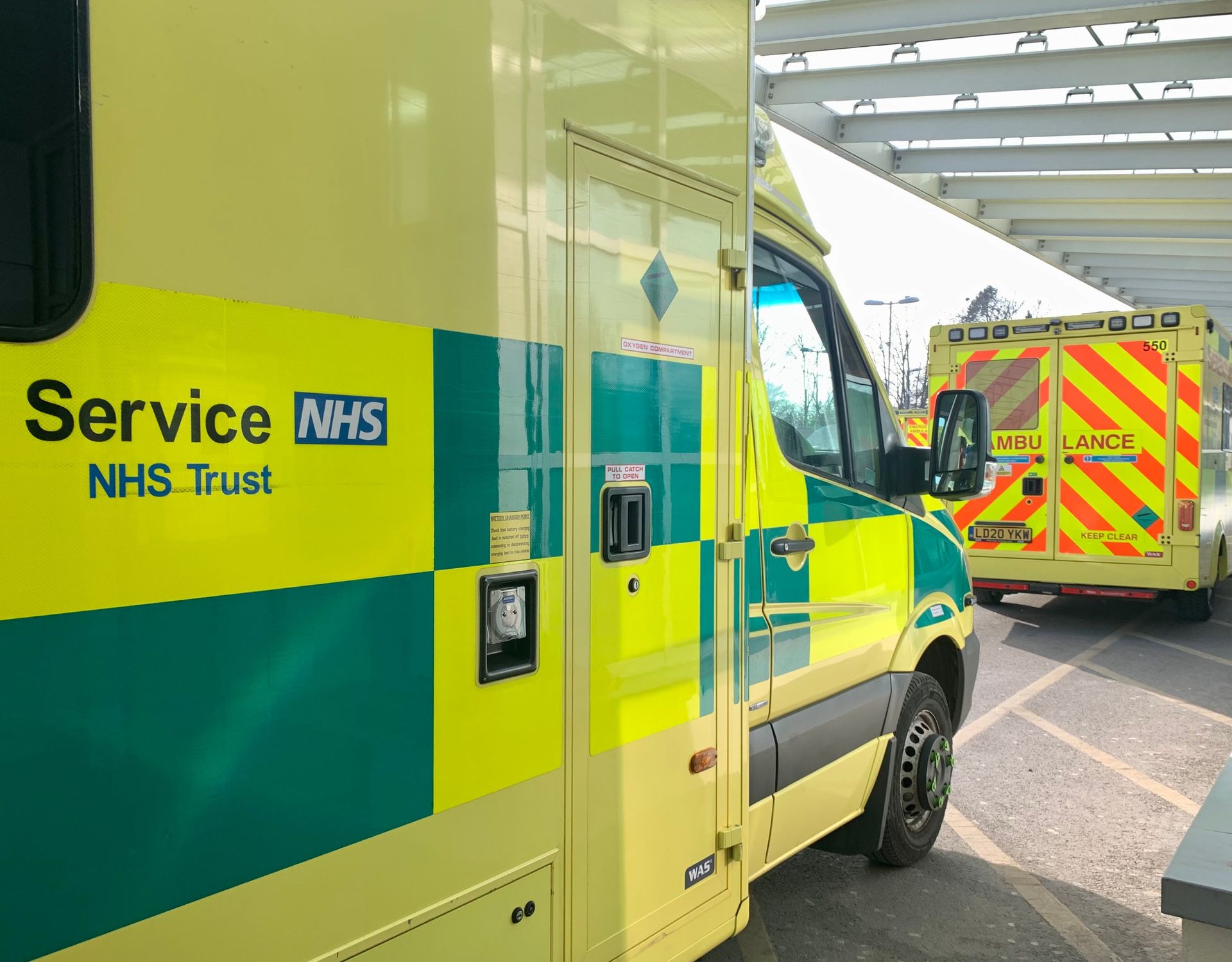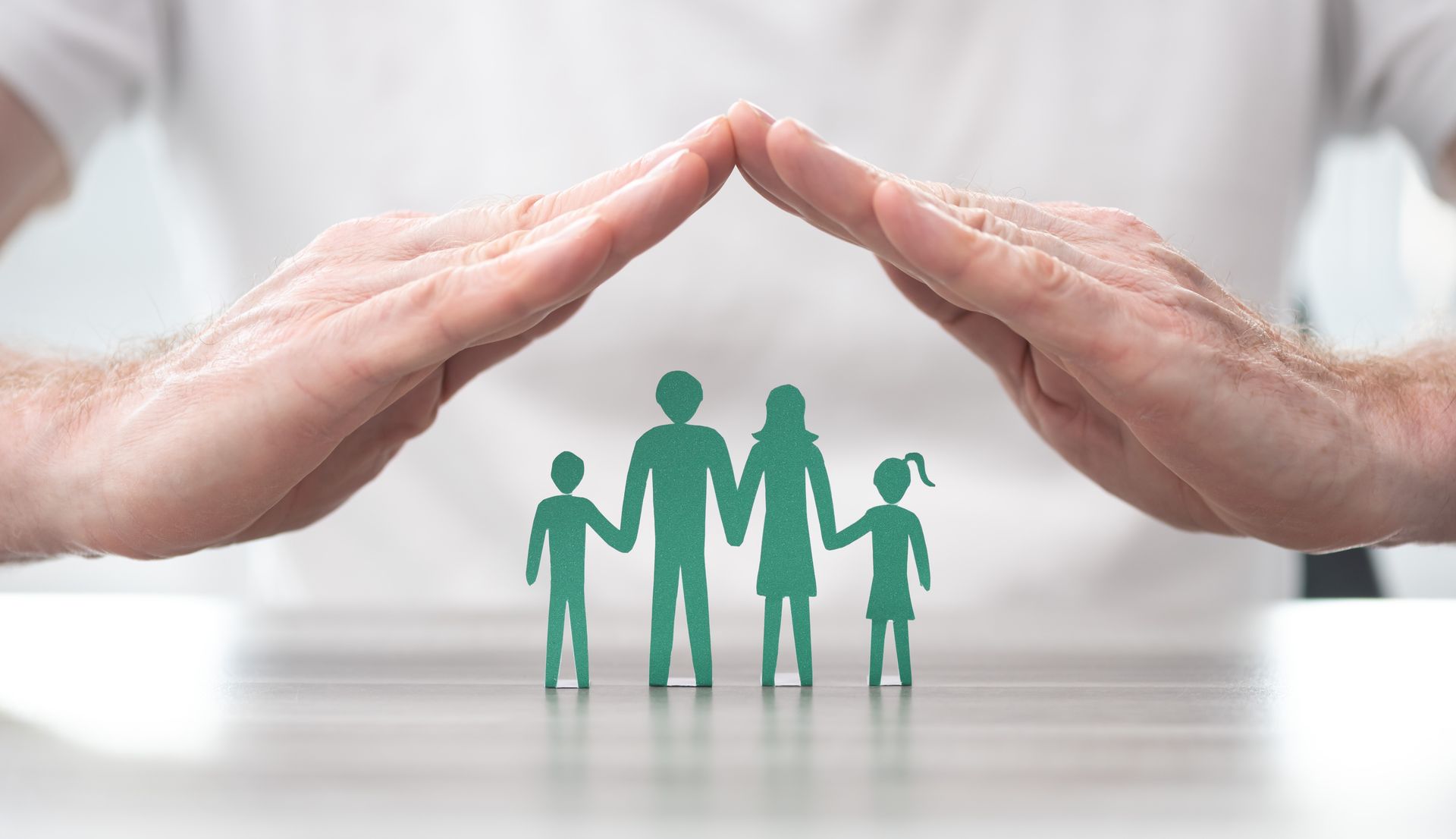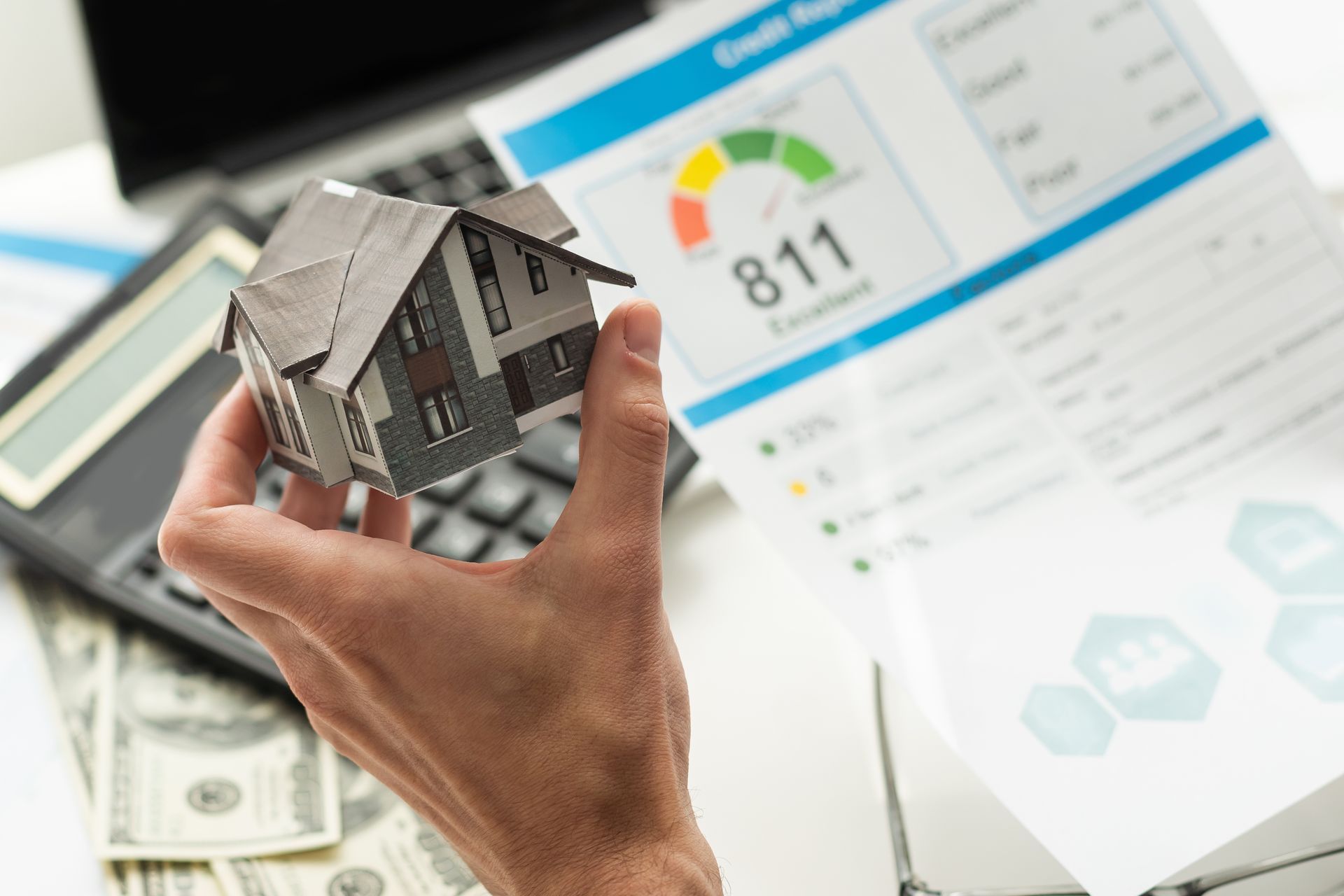Do I Need Income Protection If I Have Savings or Sick Pay?
Do I Need Income Protection If I Have Savings or Sick Pay?
If you’ve ever thought, “I’ve got some savings put aside and my employer gives me sick pay — do I really need income protection?” — you’re not alone. It’s a common question, and on the surface, it seems like a practical stance.
But let’s take a closer look. Because while savings and sick pay might offer some protection, they often don’t go as far as people expect — especially when illness or injury drags on longer than planned.
How long would your sick pay last?
Some employers offer very generous sick pay. Others don’t. While you might be fortunate enough to have a good sick pay policy now, things can change — new roles, new companies, or changes to internal policies can leave you exposed in the future.
The legal minimum is Statutory Sick Pay (SSP), which is currently just £116.75 a week (correct at time of writing), and only lasts for up to 28 weeks.
That’s not a lot to live on — especially if you have a mortgage, rent, or dependants to support.
Even if you’re one of the lucky ones with six months of full pay, what happens after that? What if you’re still not well enough to return to work?
Savings are a safety net — but they can quickly run out
Let’s say you have £10,000 or £20,000 in savings. It sounds like a lot. But if your household expenses are, say, £2,000 per month, those savings could vanish in under a year — faster if you’ve got unexpected costs or ongoing treatment expenses.
And then what? You’re not just losing income. You’re also losing the ability to stay on top of bills, protect your credit score, and keep future financial goals — like buying a home or saving for retirement — intact.
Income protection is designed to take over where sick pay and savings fall short. It provides a regular income if you can’t work due to illness or injury, usually paying a percentage of your salary (often 50–70%) until you’re well enough to return.

It’s about security, not just survival
When you have income protection in place, you’re not relying on short-term fixes or eating away at your long-term plans. You’re covering the essentials — mortgage or rent, groceries, utilities, childcare — with confidence. You’re giving yourself the time and space to recover without the added stress of financial pressure.
That peace of mind can make a real difference — not just for you, but for your family too.
But what if I never need it?
That’s a valid concern. No one wants to pay for something they’ll never use. But income protection is like any other form of insurance — you hope you won’t need it, but you’ll be incredibly glad to have it if the worst happens.
You insure your car, your home, even your mobile phone. So why wouldn’t you insure your income — the thing that pays for everything else?
A quick recap: Why income protection still matters
- Sick pay is often time-limited
- Savings don’t last forever
- Your future plans deserve protecting
- Income protection offers consistent, long-term support
- You’ll have more control, choice, and peace of mind
Not sure if income protection is right for you?
We get it — everyone’s situation is different. That’s why we offer a free, no-obligation consultation to talk it all through. No jargon, no pressure — just honest advice tailored to your needs.
Contact Chesterton Grant
today to book your free consultation and get the clarity and confidence you need to protect your future.
FAQs
1. What exactly is income protection insurance?
Income protection pays you a regular income if you're unable to work due to illness or injury. It typically covers up to 70% of your earnings until you return to work or reach retirement age.
2. How is income protection different from critical illness cover?
Critical illness pays a lump sum if you're diagnosed with a specific illness. Income protection provides ongoing monthly payments to cover everyday living costs if you're unable to work.
3. Do I still need income protection if I get sick pay from work?
Possibly. Many employer sick pay schemes only last a few months. Income protection can kick in when sick pay ends, providing longer-term support.
4. What happens if I change jobs or become self-employed?
Your income protection policy follows you. You can update it if your income changes or switch to a policy suited to self-employment.
5. Is income protection expensive?
It depends on your age, health, job, and how much cover you need. Many people are surprised by how affordable basic cover can be.
6. Can I claim on income protection for mental health issues?
Yes. Most modern policies cover time off work due to stress, anxiety, depression, or other mental health conditions, provided the claim meets the policy criteria.
7. How long does it take to start receiving payments?
Most policies have a waiting period (called a “deferred period”) — commonly 4, 8, or 13 weeks — before payments begin.
8. Can I choose how long the policy pays out for?
Yes. You can choose short-term (1–2 years) or long-term cover (to retirement age), depending on your budget and needs.
9. Will I be taxed on income protection payments?
If you pay for the policy yourself, the payments are usually tax-free. Employer-paid policies may be taxed differently.
10. Do I need income protection if I have savings?
Savings can help in the short term, but they won’t last forever. Income protection gives you a consistent income without draining your future plans.











